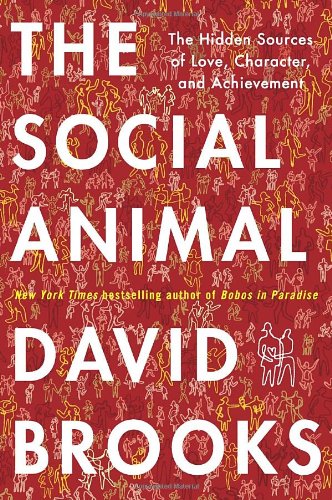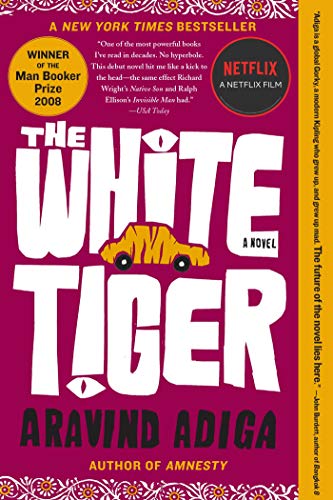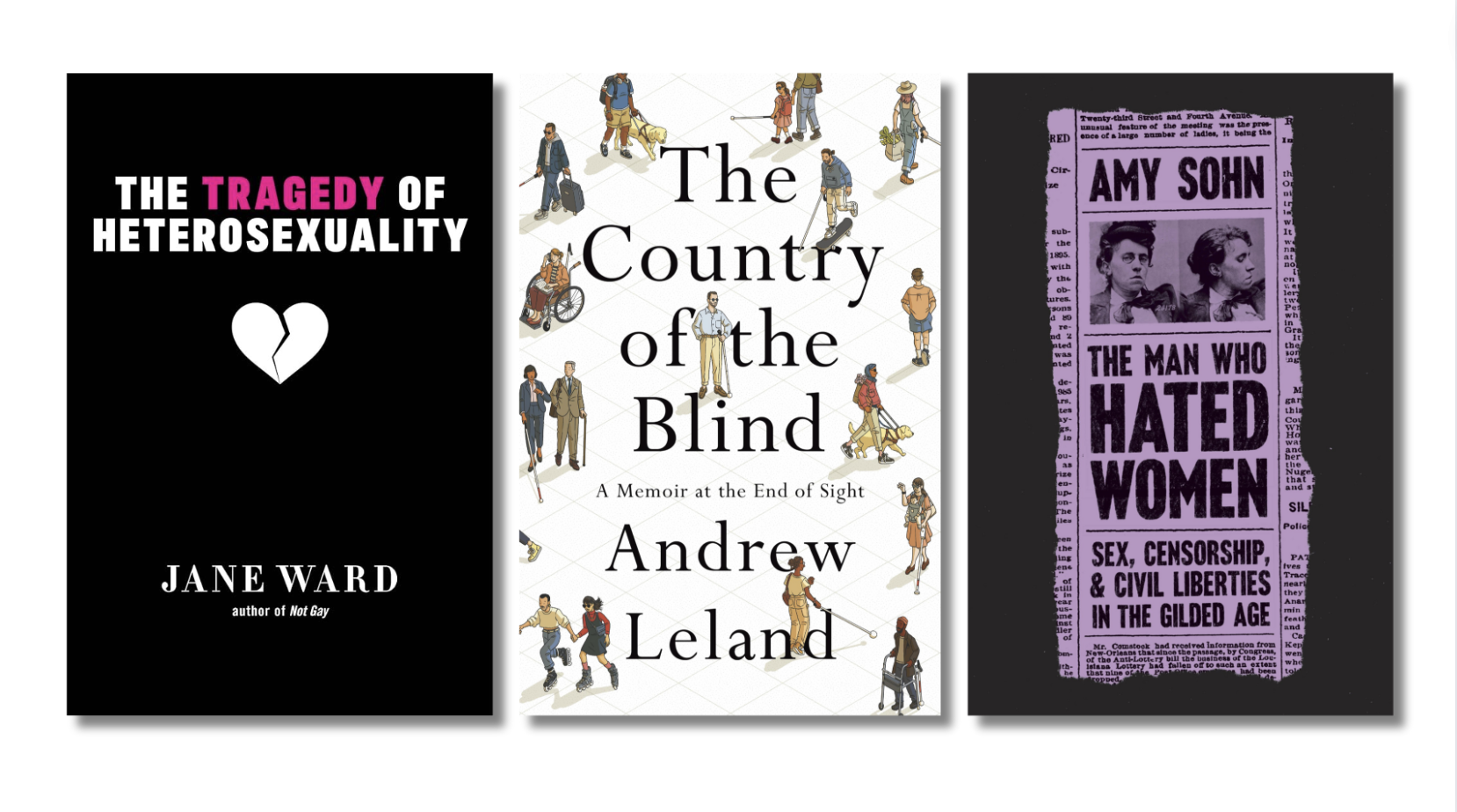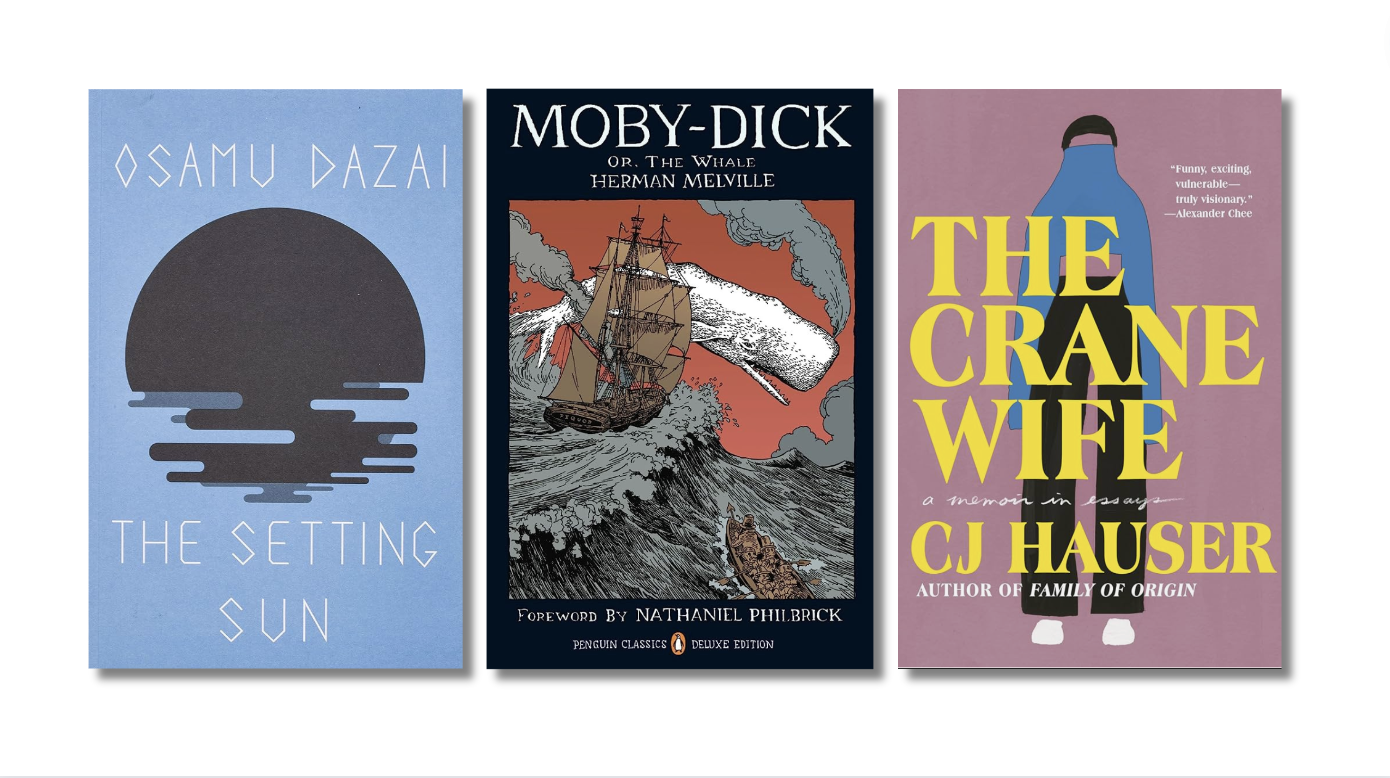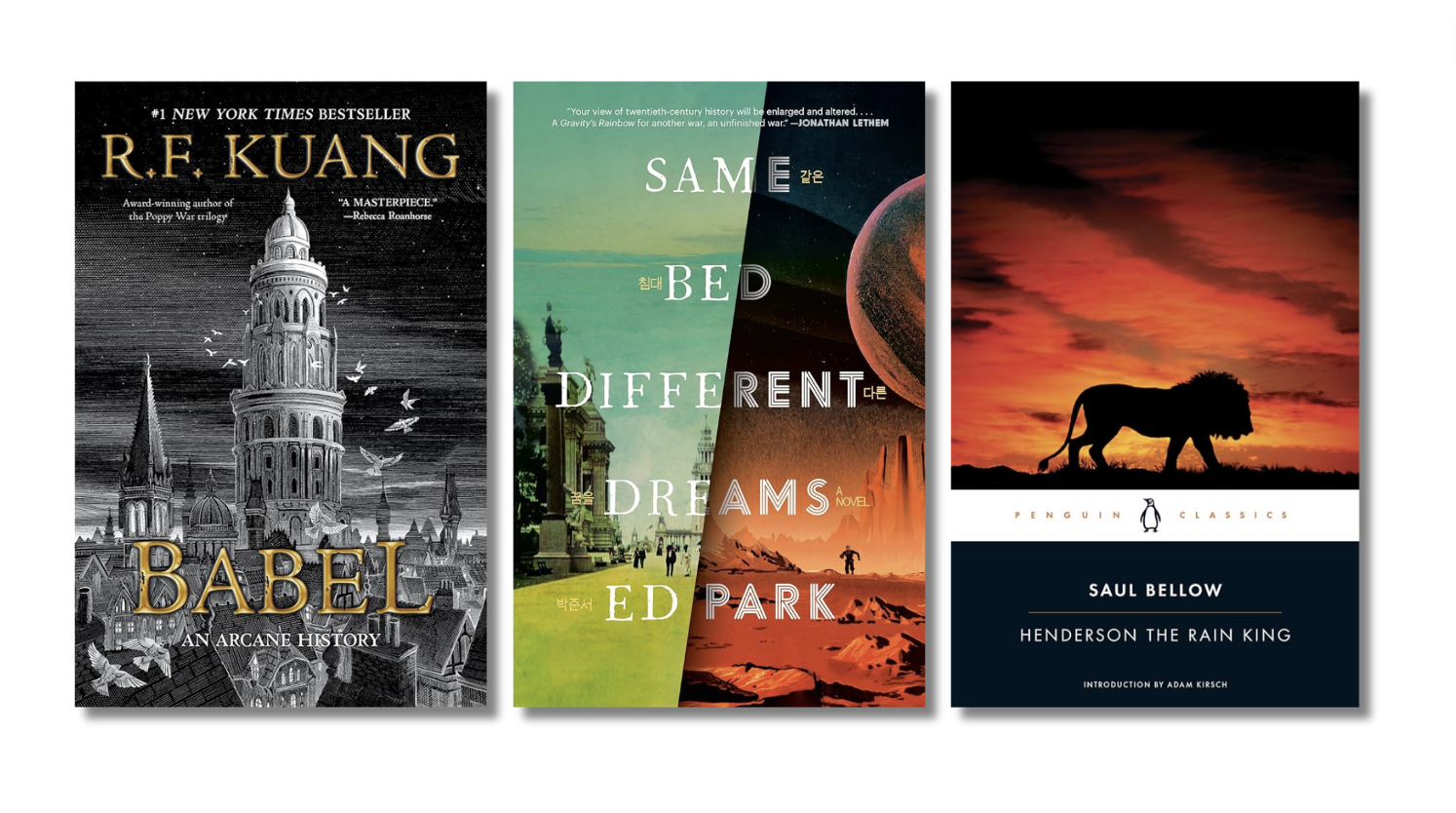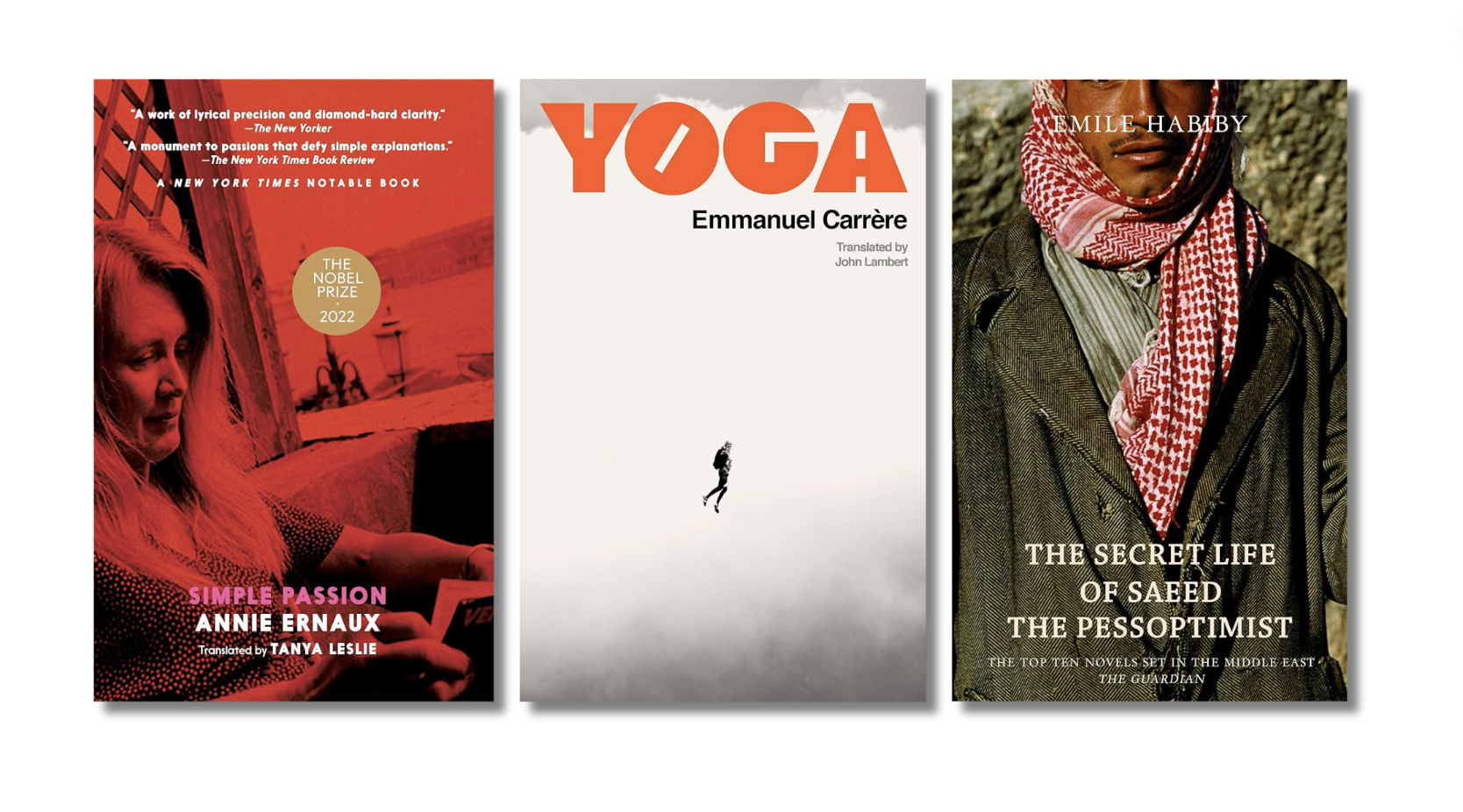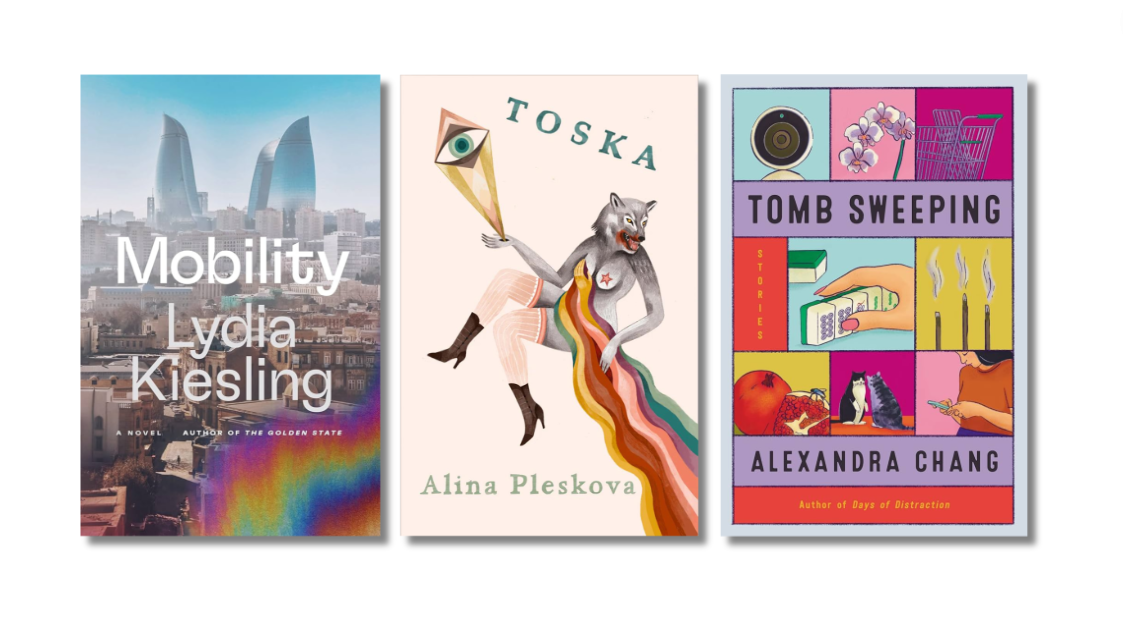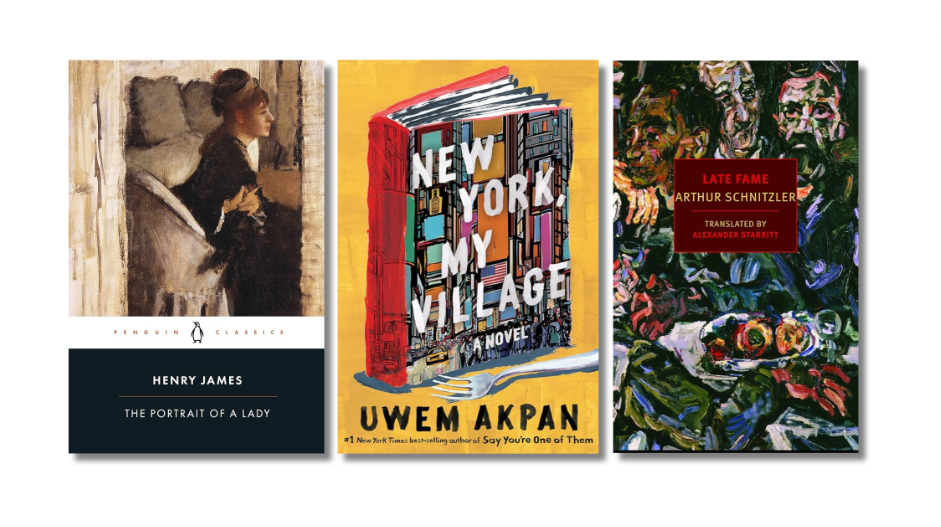In 2011 a new baby and a new home led to a summer-long reading drought. For the last five years I’ve kept a log of all the books I’ve read. From May (The White Tiger) to October (1Q84) the log was empty — the longest such stretch in memory. But if this wasn’t a year of quantity it was one of quality.
Not at first, though. My year in reading began with David Brooks’ The Social Animal, which I reviewed for The Christian Science Monitor and, though I didn’t say it there in quite these terms, was, I thought, a nice demonstration of what happens when a writer becomes too in love with his own perceptive powers.
 Things got better from there, however, when I read W. Stanley Moss’ Ill Met by Moonlight, which had just been reissued by the Philadelphia publisher Paul Dry Books. It’s a first-person journal account of a daring World War II mission to kidnap the commanding general of Nazi forces on Crete. Moss and his British Special Ops colleague Patty Leigh Fermor pulled it off without so much as a blip in their pulse rates, all the while getting hammered nightly on local wine and consorting with all manner of Cretan misfits. They don’t make ‘em like that anymore.
Things got better from there, however, when I read W. Stanley Moss’ Ill Met by Moonlight, which had just been reissued by the Philadelphia publisher Paul Dry Books. It’s a first-person journal account of a daring World War II mission to kidnap the commanding general of Nazi forces on Crete. Moss and his British Special Ops colleague Patty Leigh Fermor pulled it off without so much as a blip in their pulse rates, all the while getting hammered nightly on local wine and consorting with all manner of Cretan misfits. They don’t make ‘em like that anymore.
My first fiction of the year came on a friend’s recommendation: The Astonishing Life of Octavian Nothing. Like me, my friend likes good young adult fiction and Octavian Nothing was one of the most unsettling stories about slavery in America I’ve ever read. If I’d picked it up when I was 10, I wouldn’t have slept for weeks afterward and to this day might still be calling it the best book I’ve ever read.
 After Octavian I turned to another gut-wrenching political novel: Aravind Adiga’s The White Tiger, about caste inequality in modern India. In the mid-2000s I spent a year in India and left taken by the country’s kaleidoscopic culture and effusive spirituality. I knew, even then, that those views were caricature, and that they ignored or rationalized the pervasive human suffering I’d seen while traveling. But it wasn’t until reading Adiga’s novel that I gave up that rosy view altogether. After finishing the book I passed it to my wife, making The White Tiger the first book we’d read more or less together since Pride and Prejudice back at the end of George W. Bush’s first term.
After Octavian I turned to another gut-wrenching political novel: Aravind Adiga’s The White Tiger, about caste inequality in modern India. In the mid-2000s I spent a year in India and left taken by the country’s kaleidoscopic culture and effusive spirituality. I knew, even then, that those views were caricature, and that they ignored or rationalized the pervasive human suffering I’d seen while traveling. But it wasn’t until reading Adiga’s novel that I gave up that rosy view altogether. After finishing the book I passed it to my wife, making The White Tiger the first book we’d read more or less together since Pride and Prejudice back at the end of George W. Bush’s first term.
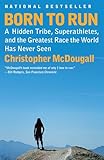 White Tiger was not the most widely shared book in my family this year, though. That honor goes to Christopher McDougall’s Born to Run. My neighbor gave it to me, I passed it to my brother, who passed it to my sister-in-law who passed it our brother-in-law who, as far as I know, still has it. For months we debated the merits of bare-foot running and the perniciousness of the modern sneaker industry. When we all ran a 10K in Maine over the Fourth of July, my sister-in-law brought chia seeds, mail-ordered special from the Internet.
White Tiger was not the most widely shared book in my family this year, though. That honor goes to Christopher McDougall’s Born to Run. My neighbor gave it to me, I passed it to my brother, who passed it to my sister-in-law who passed it our brother-in-law who, as far as I know, still has it. For months we debated the merits of bare-foot running and the perniciousness of the modern sneaker industry. When we all ran a 10K in Maine over the Fourth of July, my sister-in-law brought chia seeds, mail-ordered special from the Internet.
In the end, though, 2011 was the Year of Murakami. For three breathless weeks in October I read 1Q84. Following on months of transition and many sleepless newborn nights, Murakami’s rare, strange story gave me back my human shape.
More from A Year in Reading 2011
Don’t miss: A Year in Reading 2010, 2009, 2008, 2007, 2006, 2005
The good stuff: The Millions’ Notable articles
The motherlode: The Millions’ Books and Reviews
Like what you see? Learn about 5 insanely easy ways to Support The Millions, The Millions on Twitter, Facebook, Tumblr.



